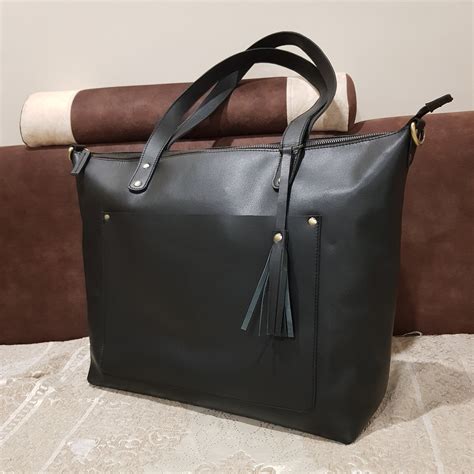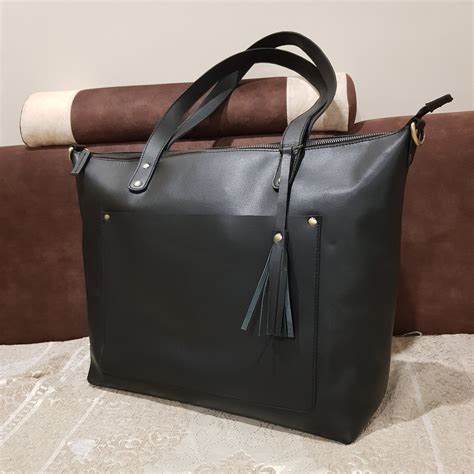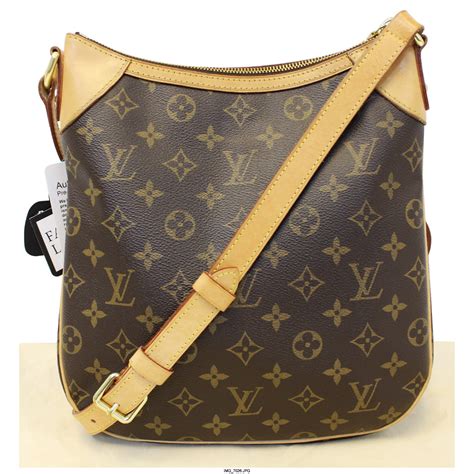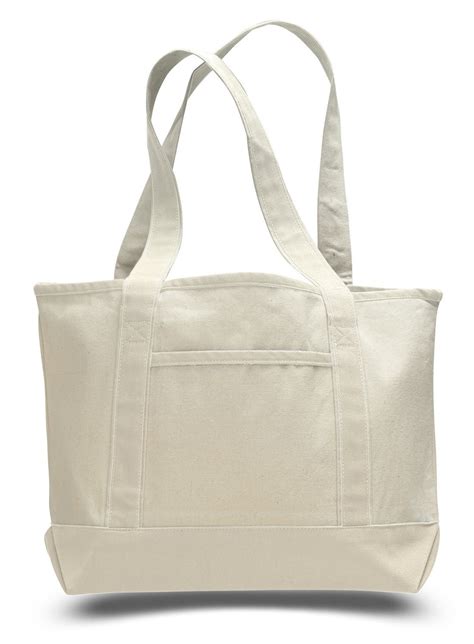wo läst givenchy schuhe produzieren | Givenchy made in italy
$146.00
In stock
Givenchy, a name synonymous with Parisian elegance and haute couture, evokes images of sophisticated designs, impeccable craftsmanship, and a heritage deeply rooted in French fashion. The brand, founded in 1952 by Hubert de Givenchy, has consistently delivered luxurious apparel, accessories, and fragrances that resonate with a global clientele. However, the question of where Givenchy manufactures its coveted footwear, particularly its shoes, is more complex than a simple "Made in France" label. The reality reflects the modern landscape of luxury goods production, where strategic global sourcing and specialized expertise are key to maintaining quality and meeting global demand. While Italy holds a significant place in Givenchy's shoe production, the answer to "Wo lässt Givenchy Schuhe produzieren?" isn't limited to a single geographical location. This article delves into Givenchy's global manufacturing network for footwear, considering factors like quality control, historical context, and the brand's strategic presence in countries like China, while addressing common inquiries about the origin of Givenchy shoes.
The Parisian Legacy and the Global Reality
Givenchy's brand name is intrinsically linked to Parisian style and luxury. The house's history is filled with iconic moments, from dressing Audrey Hepburn in films like "Breakfast at Tiffany's" to shaping the landscape of modern ready-to-wear. This legacy creates an expectation of European craftsmanship, particularly when it comes to high-end items like shoes. Consumers often associate luxury brands with production in countries renowned for their artisanal skills and long-standing traditions in leatherwork and shoemaking, such as Italy and France.
However, the modern luxury industry operates on a global scale. To remain competitive and meet the demands of a worldwide market, brands like Givenchy strategically utilize a network of manufacturers located in various countries. This approach allows them to leverage specialized expertise, access skilled labor, and optimize production costs. This doesn't necessarily equate to a compromise on quality; rather, it signifies a sophisticated approach to sourcing and manufacturing that prioritizes excellence while maintaining a competitive edge.
Givenchy Shoes Made in Italy: A Cornerstone of Quality
Italy has long been celebrated as a hub of luxury shoemaking. The country boasts a rich tradition of leather craftsmanship, with generations of artisans perfecting techniques passed down through families. Many Italian factories specialize in producing high-end footwear for renowned luxury brands, offering unparalleled expertise in design, material sourcing, and construction.
Givenchy shoes made in Italy often represent the pinnacle of the brand's footwear offerings. These shoes are typically crafted using the finest Italian leathers, employing traditional techniques like Goodyear welting, Blake stitching, and hand-finishing. The "Made in Italy" label signifies a commitment to quality, durability, and meticulous attention to detail.
The specific styles of Givenchy shoes produced in Italy often include:
* Classic Leather Shoes: Oxfords, loafers, and dress shoes crafted from premium calfskin or other luxurious leathers.
* High Heels and Pumps: Elegant heels and pumps designed with sophisticated silhouettes and impeccable construction.
* Statement Boots: Bold and fashion-forward boots featuring distinctive designs and high-quality materials.
* Luxury Sneakers: Elevated sneakers that blend comfort with high-end materials and craftsmanship.
The "Givenchy made in Italy" designation is a powerful indicator of quality and craftsmanship, assuring consumers that the shoes meet the brand's exacting standards. It signifies that the shoes were produced in a region with a long-standing tradition of luxury shoemaking, utilizing skilled artisans and premium materials.
Where Are Givenchy Shoes Made? Exploring the Global Manufacturing Network
While Italy plays a significant role in Givenchy's shoe production, the brand also utilizes manufacturing facilities in other countries. This strategic diversification allows Givenchy to:
* Access Specialized Expertise: Different regions may possess specific skills or technologies that are particularly well-suited for certain types of footwear.
* Optimize Production Costs: Manufacturing costs can vary significantly between countries, allowing Givenchy to optimize its production expenses while maintaining quality.
* Meet Global Demand: A diversified manufacturing network allows Givenchy to respond more effectively to fluctuations in demand across different markets.
* Maintain Quality Control: Regardless of the manufacturing location, Givenchy implements rigorous quality control measures to ensure that all its products meet the brand's standards.
Givenchy in China: A Strategic Manufacturing Partner
In recent years, China has emerged as a significant player in the global luxury goods market. While some consumers may initially associate "Made in China" with lower quality, many Chinese factories have invested heavily in advanced technologies and skilled labor, enabling them to produce high-end goods for luxury brands.wo läst givenchy schuhe produzieren
Givenchy, like many other luxury houses, utilizes manufacturing facilities in China for certain aspects of its footwear production. This decision is driven by several factors:
* Advanced Manufacturing Capabilities: Some Chinese factories possess state-of-the-art equipment and technologies that allow them to produce complex and innovative shoe designs.
* Skilled Labor Force: China has a large and skilled labor force, including experienced shoemakers who can meet the demands of luxury production.
* Supply Chain Efficiency: China's well-developed supply chain infrastructure can streamline the manufacturing process and reduce lead times.
Additional information
| Dimensions | 6.4 × 2.2 × 1.7 in |
|---|









